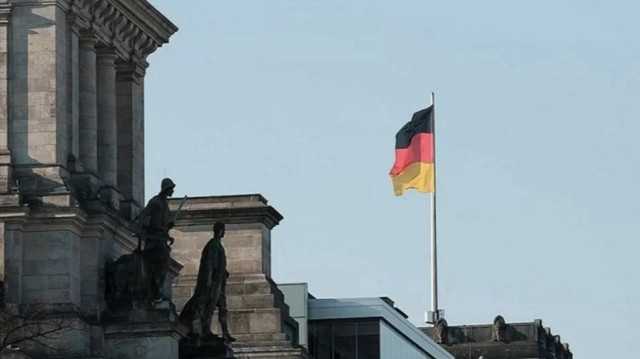

File photo
Despite mounting international concerns over genocide in Gaza, Germany exported nearly $139M worth of weapons and military equipment to Israel so far this year, according to government figures
Germany has approved €131 million ($139 million) in military exports to Israel this year, despite mounting international concerns over genocide against Palestinians in Gaza.
The Ministry of Economic Affairs disclosed the figures in response to a parliamentary inquiry from the left-wing opposition party Bundnis Sahra Wagenknecht (BSW).
The data revealed a significant increase in approved exports recently, with €23.6 million worth of equipment authorized between Oct. 18 and Nov. 19 alone.
While recent transfers reportedly excluded “weapons of war,” they encompassed various military supplies classified as “other military equipment.”
This category includes various types of non-lethal military equipment such as helmets and protective vests or unarmed military vehicles. However, they can also include certain components for weapons systems.
The continued military support follows a brief pause earlier this year when Nicaragua filed a case against Germany at the International Court of Justice (ICJ), alleging complicity in genocide in Gaza. German officials said they resumed exports after receiving written assurances from Israel regarding compliance with international law.
Chancellor Olaf Scholz has consistently defended Germany's support for Israel, citing Germany's special responsibility for Israel's security due to the country's Nazi past. However, critics argue this unconditional backing could damage Berlin's international standing, particularly as civilian casualties in Gaza continue to mount.
The International Criminal Court issued arrest warrants for Israeli Prime Minister Benjamin Netanyahu and former Defense Minister Yoav Gallant last week for committing war crimes and crimes against humanity during the military offensive in Gaza.
Since Israel began its military campaign against Hamas in October 2023, more than 44,200 Palestinians have been killed, and over 100,000 others wounded, most of them women and children.
Israel is currently facing a genocide case at the ICJ over its actions in Gaza, where millions of Palestinians remain displaced and face severe shortages of food, medical supplies, and other essentials.
#Germany
#Israel
#military exports
